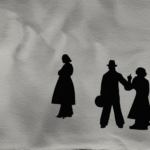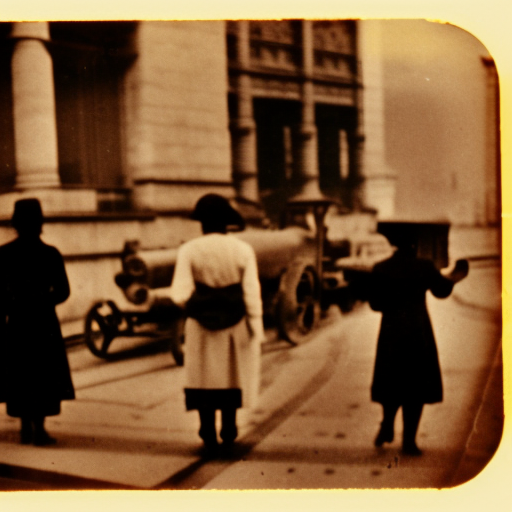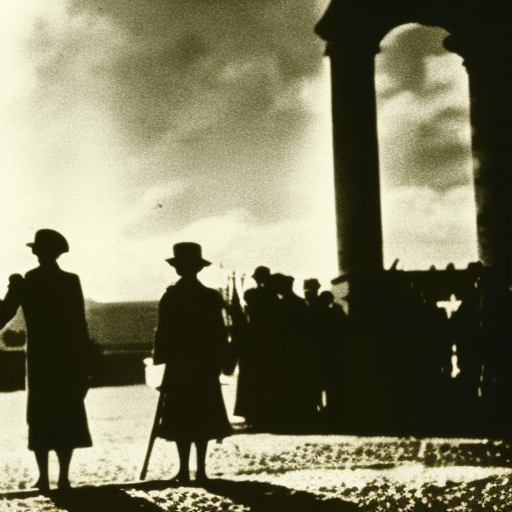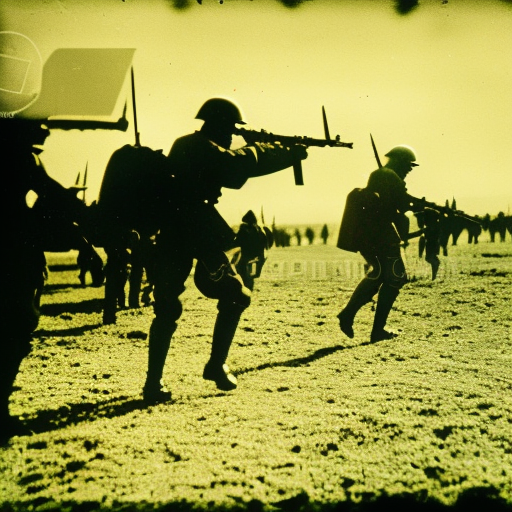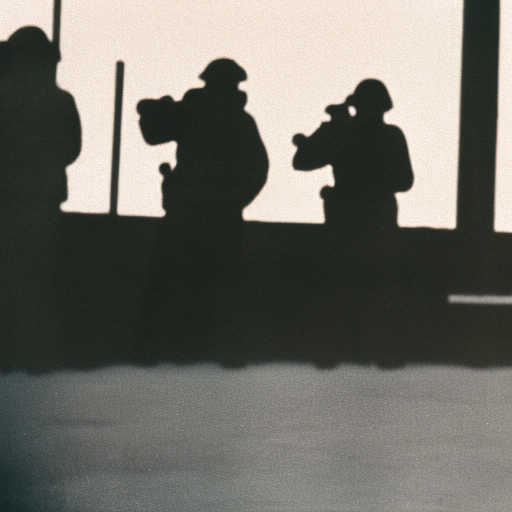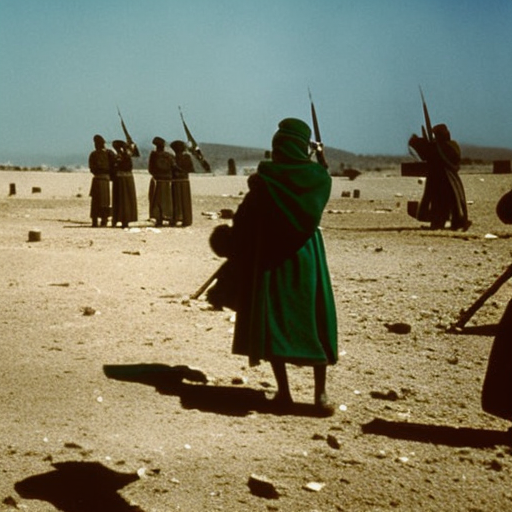The Interwar Period was a tumultuous era between World War I and World War II marked by political instability, economic crises, and the rise of totalitarian regimes.
The Treaty of Versailles (1919) Explained
The Treaty of Versailles was a peace treaty signed after World War I that imposed harsh conditions on Germany, leading to resentment and contributing to the outbreak of World War II.
World War I Explained
World War I was a global conflict that lasted from 1914 to 1918, involving major powers and resulting in significant political, social, and economic changes.
Mukden Incident Explained
The Mukden Incident was a staged event in 1931 that Japan used as a pretext to invade Manchuria, marking the beginning of their expansionist policies in East Asia.
Second Italo-Ethiopian War Explained
The Second Italo-Ethiopian War was a conflict between Italy and Ethiopia in the 1930s, resulting in Italy’s occupation of Ethiopia.
Interwar period Explained
The interwar period refers to the time between World War I and World War II, characterized by political instability, economic depression, and the rise of totalitarian regimes.

